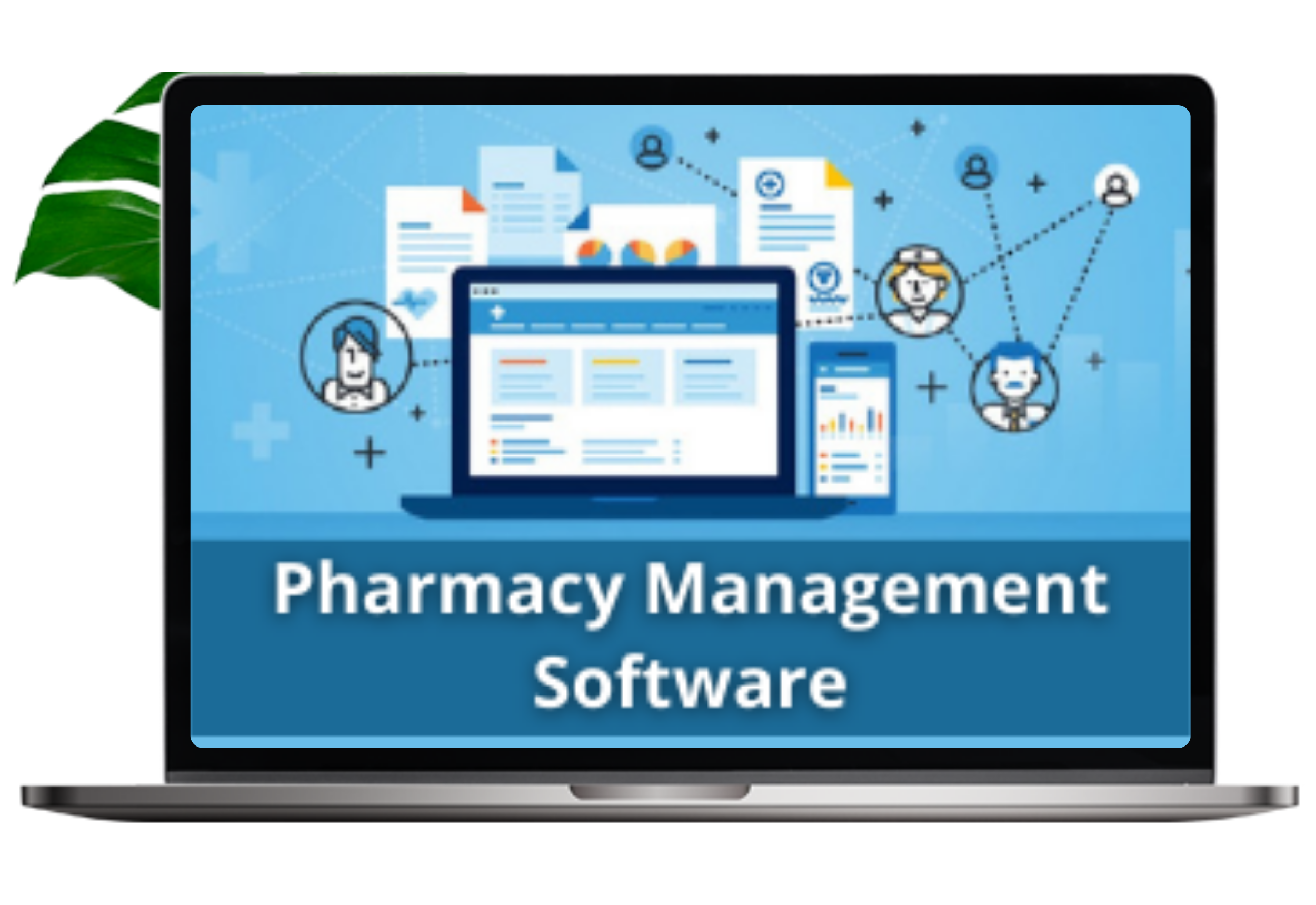Expert Pharmacare | Pharmacy Management System
Pharmacy management system ensures efficient operation, modern invoicing system,revenue management, track inventory and help you to promote your business. It will also act as a pharmacy billing software.
Apply Automation, Be Dynamic, Accelerate Profit
Efficient automation in the right place with the right technology can make a great difference in business. Like using epharmacy software can ensure the effective output of your pharmacy business. Also manages your employees. Along with accurate data and proper customer service.

6 Main Modules of Pharmacare software Demo is here
If we want to reduce the cost and improve the quality of medicare service through advancement of your attempt, we can more widely address the automation technology that are prevalent and reduce the level of your suffering. Meet Pharmacare to Experienced the ultimate one.
Dashboard
The Dashboard in a pharmacy management system serves as a centralized hub providing real-time insights and metrics critical for efficient operations and informed decision-making. It offers a comprehensive overview of key performance indicators such as sales revenue, prescription fulfillment rates, inventory levels, and patient demographics. Through customizable widgets and graphical representations, pharmacists and administrators can monitor trends, identify potential issues, and track progress towards business goals. Additionally, the Dashboard may include alerts and notifications to prompt action on critical tasks or events, ensuring proactive management of pharmacy operations. Overall, the Dashboard empowers pharmacy staff to optimize workflows, enhance patient care, and drive business growth by providing actionable insights and facilitating data-driven strategies.


Medicine Management System
A Medicine Management System in a pharmacy is a comprehensive solution designed to efficiently handle all aspects of medication management, from inventory control to patient dispensing. This system enables pharmacists to maintain accurate records of medications in stock, including details such as expiration dates, quantities, and supplier information, ensuring timely replenishment and minimizing wastage. It also facilitates streamlined prescription processing, allowing pharmacists to verify prescriptions, dispense medications accurately, and maintain patient profiles securely. Moreover, the Medicine Management System integrates with regulatory databases to ensure compliance with medication safety standards and legal requirements. It may also include features such as medication interaction alerts, dosage tracking, and medication adherence monitoring to enhance patient safety and care. Overall, the Medicine Management System empowers pharmacies to optimize medication inventory, streamline dispensing processes, and deliver high-quality patient care efficiently.
Purchase Management System
A Purchase Management System in a pharmacy facilitates the streamlined procurement of pharmaceutical products, ensuring optimal inventory levels while adhering to regulatory standards and budgetary constraints. This system automates the purchase order generation process, allowing pharmacy staff to efficiently request and track orders from suppliers. It integrates with inventory management to update stock levels in real-time upon receipt of purchases, minimizing stockouts and overstock situations. Additionally, the Purchase Management System enables comparison of prices and terms from different suppliers to secure the best deals and maintain cost-effectiveness. It also provides tools for managing supplier relationships, tracking delivery schedules, and reconciling invoices, enhancing operational efficiency and accuracy in procurement processes. Overall, the Purchase Management System in a pharmacy optimizes supply chain management, ensuring the availability of essential medications while controlling costs and maintaining compliance with regulatory requirements.


pos invoice Management System
A Sales Management System in a pharmacy streamlines the process of selling pharmaceutical products and services while ensuring accuracy and efficiency. Through features such as "Add Invoice," pharmacists and staff can easily generate invoices for prescriptions filled, over-the-counter medications, and additional services provided. The "POS Invoice" functionality enables quick and seamless transactions at the point of sale, integrating with the pharmacy's point-of-sale system for efficient payment processing. Meanwhile, the "Invoice List" provides a centralized repository of all invoices issued, allowing for easy access to transaction records and facilitating tasks such as order tracking and financial reconciliation. Overall, the Sales Management System optimizes sales processes, enhances customer service, and improves operational effectiveness within the pharmacy setting.
Customer management system
In a pharmacy management system, the "Customer" module is pivotal for organizing and tracking interactions with patients and clients. This module enables pharmacists and staff to efficiently add new customers, maintaining a comprehensive list of individuals who frequent the pharmacy for their healthcare needs. It further facilitates the categorization of customers into credit and paid categories, allowing for tailored billing and invoicing processes based on payment terms. The customer ledger feature within this module provides detailed records of transactions, ensuring transparency and accountability in financial dealings. Overall, the Customer module streamlines customer management processes, enhances service delivery, and fosters stronger relationships between the pharmacy and its clientele.


Reports
Daily Purchase & Sale List. Daily Cash Collection and Payment.See stock reports in various ways. View any profit and loss report of any time. View the list of customers and suppliers. Sale in due and money withdrawal list. The list of buy-sells in the remainder of the package, according to customers and suppliers.An integrated Pharmacy Reporting System is crucial for pharmacies to effectively monitor and analyze various aspects of their operations, facilitating informed decision-making and improving overall efficiency. This system typically includes features such as sales reporting, inventory analysis, prescription tracking, financial reporting, and regulatory compliance reporting. Sales reporting provides insights into product performance, identifies trends, and helps optimize pricing strategies. Inventory analysis allows pharmacies to manage stock levels efficiently, reduce waste, and ensure timely replenishment. Prescription tracking ensures accuracy, compliance, and timely refill reminders for patients. Financial reporting offers visibility into revenue, expenses, and profitability metrics, aiding in budgeting and financial planning.

